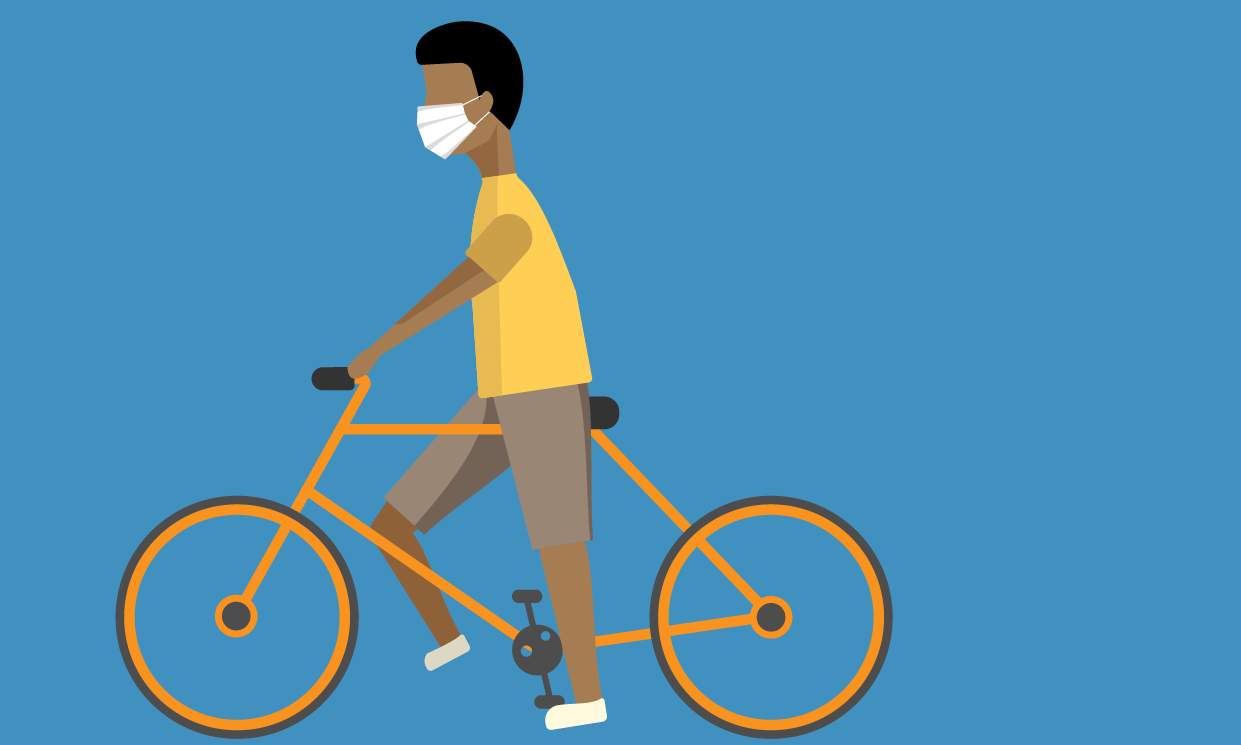The Rollins Bike Program has been a popular aspect of life on Rollins campus since it started in 2009. The program began with just 10 bikes and has since expanded to a fleet of 50 bikes with roughly 800 checkouts every semester. Due to staffing and budget issues, the program was put on hiatus for Fall 2022, but the program will be reinstated in Spring 2023 thanks to a gift from the Winter Park Health Foundation.
According to their website, the Winter Park Health Foundation is, “dedicated to supporting efforts that improve the health of residents in Winter Park, Maitland and Eatonville.”
“We are grateful to the Winter Park Health Foundation for supporting the sustainability program,” said Dr. Anne Stone, faculty director of the Social Impact Hub. “This gift gives us the opportunity to support student engagement in the community with an environmentally friendly transportation option that has the potential to contribute to an individual’s mental health and physical wellbeing.”
When it was announced that the program would be paused, a campus-wide survey was sent out to gauge how the Rollins community uses the bike program and how they would like to see it move forward. When asked how often respondents used the program, 58% said they used the program at least once a week. Around half of the respondents used the program recreationally on spontaneous trips whereas a smaller portion of the campus used the program for going to class, getting groceries, commuting to work, riding to sports practice, or going to medical appointments.
The Rollins Sustainability Program and the Olin Circulation Desk; as well as staff, students, and faculty with interest in the program have been meeting to review the survey data and reimagine the Bike Program to ensure the program is sustainable. In the most recent working group meeting, ways to revamp the program were discussed.
Dennis Short, Woman’s Lacrosse Coach and bike enthusiast shared his expertise with the group and expressed willingness to continue to support this initiative with research and his own practical experience. From a mechanical standpoint, switching to low-maintenance bikes such as more bikes with foot brakes, cruisers with hand brakes, or bicycles with suspension would be less costly to the program.
It is possible a tiered system is introduced where higher quality, high-maintenance bikes could be checked out by students who rely on bikes for essential transport and the low-maintenance bikes would go towards recreational checkouts open to the entire campus. Relaying information about damage and inspections between students and the bike program could be done through an app if the program starts allowing long-term checkouts.
To further address the maintenance issue, educational and volunteer opportunities could be added to the program. Volunteer opportunities would allow students to learn basic bike maintenance and keep the bikes in better condition. Hiring a student as a bike technician that would work closely with the Sustainability Program is another possibility for bike maintenance, however finding a student with the skills and the time has not always been reliable in the past.
To help fund the program, semester long fees or a fee per checkout were proposed. Due to the range of ways students use the bike program, fees could be issued with different rates between semester long rentals, three-day periods, and weeklong rentals. Funding could also come from sponsored events and fundraisers such as bike races and challenges sponsored by insurance companies and other third parties.
Continuing communication with the campus community is important for the Sustainability Program to understand how to resume the bike program. Sending interest surveys every semester would help understand how the campus uses and views the program, allowing the program to adapt to the needs of the Rollins community.
For those who want to share their thoughts and suggestions related to the program, a listening session will be held on Oct. 26 from 3 to 4 p.m. in KWR 340; it will be open to the entire campus community.






Comments are closed.